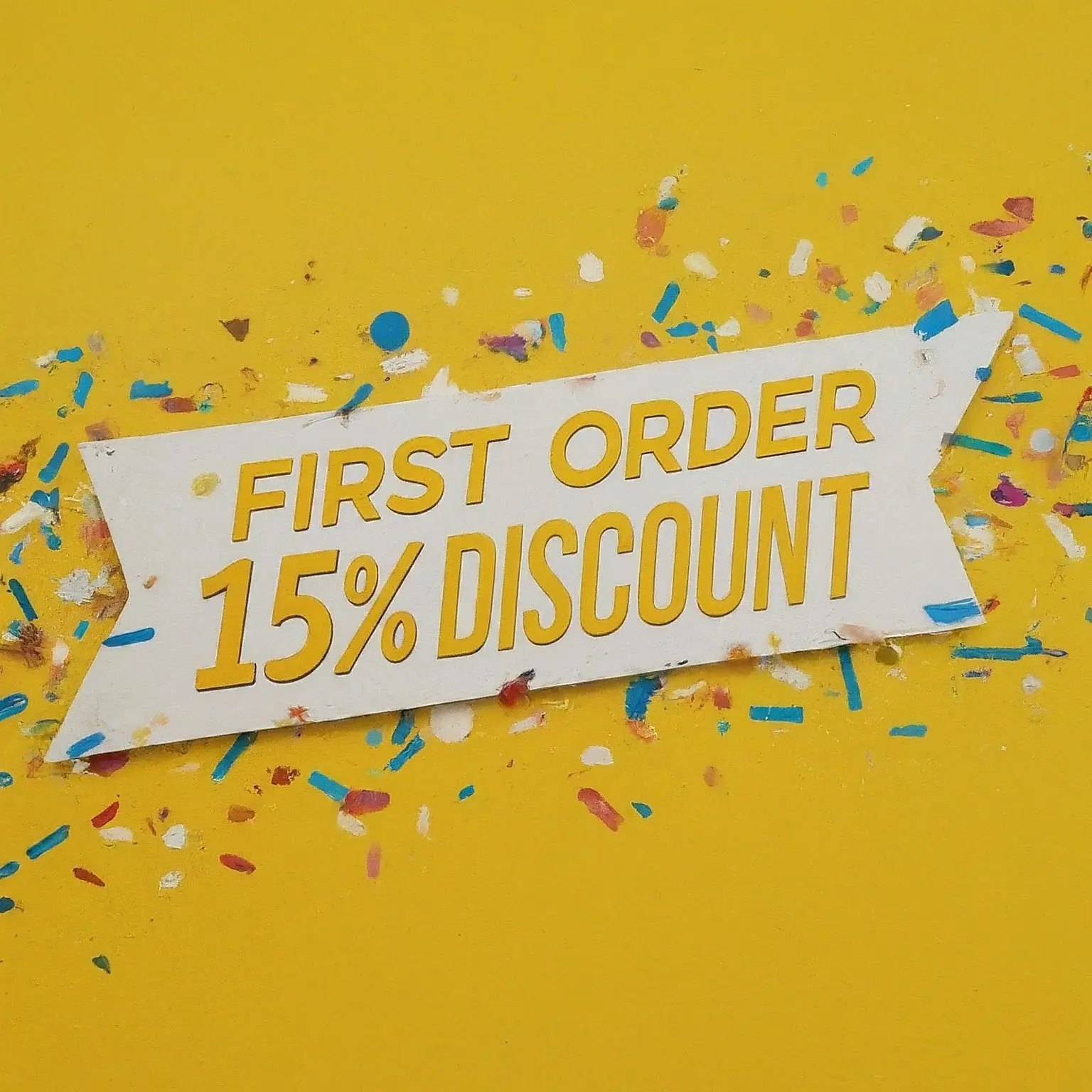India is addicted to fake medicines. In the hopes of getting rich, we purge thousands of toxic medicines on foreign lands daily. And supposedly, the trick is working. Indian pharma industry’s share in the global market rose by 103% during 2014-22. The Indian pharma industry is now valued at $24 billion. But what is the price we are paying for the benefits? A globally stained reputation built over corpses of dead children and ailing mothers? Is that how we want to represent the Indian pharma industry in the long run- a factory of bogus medicines?
"Are essay deadlines making you feel stressed? Let's save our sanity this semester!"
A string of controversies:
Yesterday, a warning was issued over a toxic cough syrup, ‘Guaifenesin Syrup TG Syrup’. The warning was issued for two Pacific Island countries, the Marshall Islands and the Federal States of Micronesia, to halt the usage of deadly syrup.
The cough syrup is manufactured in the northern Indian state of Punjab by Pharmachem Ltd. As per the warning, the syrup contains high levels of diethylene glycol and ethylene glycol, which can cause vomiting and diarrhea and even lead to the death of little kids.
In another incident, the Central Drugs Standard and Control Organisation of India found 48 commonly used medicines to be sub-standard. A total of 1497 medicines were taken in as samples, of which 3% were below average quality. In the monthly inspection, 5% of the drugs also failed inspection in February and January.
India is under the global radar for producing faulty medicines. In the US, Indian eye drops blinded several people. Last year, Indian-manufactured cough syrup was linked to the deaths of over 300 minor kids in Uzbekistan and Gambia. And the recent row now comes from Pacific islands, where WHO has warned not to use cough syrup.
India is a big player in the global pharma industry:
These incidents are even more important because the Indian pharma industry is expected to reach almost 135 of the global pharma industry this year. The significant rise is seen post-pandemic, where India became the largest exporter of vaccines, contributing more than 60% to the global vaccine supply.
And with a growing market supply, Indian pharma companies are growing exponentially. Mankind Pharma has filed for IPO. The company is eying INR 4700 Cr through its IPO released this month.
India is a global supplier of fake medicines:
In India, over 3000 pharma companies mushroomed over 10,500 manufacturing locations nationwide. However, as the report of the United States highlights, more than 20% of Indian medicine manufacturers are bogus, citing the urgency in the actions required.
One in every 10 medical products is sub-standard, as per WHO. And India is one of the largest contributors. In 2014-2016, it was found that more than 30% of global seized medicines for low quality had Indian roots. And what heightens the issue is the utter atrocity of these bogus firms to hide behind the façade of patriotism.
India is home to ancient medical practices. Plastic surgery was invented in India. Ayurveda, the globally known secret to homeopathy, originates in India. Shampoo, medical operations, and ancient beautification techniques were all Indian gifts to the world.
However, a country with such a rich history of medical advancement cannot meet the minimum quality standards for its medicines. Recently, the country has been globally defamed for producing faulty, below-average, poor-quality medicines.
"Tired of getting low grades on your essays? Our academic experts can help you achieve the grades you truly deserve."
India’s affair with cheap quality medicines:
Recently, 18 pharma companies lost their manufacturing licenses for producing sub-standard medicines, and many others were dragged to court to continue their business.
As many reports suggest, the reasons for producing low-quality medicines are poverty and lack of governmental regulations, and we could not agree more.
The country is crippled with poverty, and governmental regulations are sub-standard. If the medicines that pass medical tests in India were subjected to quality checks in foreign, even the best of the best would come back with red mark sheets. And that is not what we think. G.N. Singh- Drugs Controller General of India and the Secretary-cum-Scientific Director of the Indian Pharmacopoeia Commission- was quoted by the New York Times in 2014.
Easy money comes and goes:
This is a fact that manufacturing and supplying fake medicines makes easy money. It is a lot easier and cheaper than high-quality medicines. Hence, more and more people are adapting to the trend of fake medicines.
And although the trend has been on the rise for the past few decades, the pandemic has fanned the issue. With the pandemic, poverty levels and the new need for medical supplies spiked, which was a newly formed business opportunity for countless people.
While many diligent people sold handmade masks, others sold water-diluted hand sanitizers, making thousands of dollars. And no one can dare object to us because we all know someone who made money from selling false products during the pandemic.
But look around. Where are all those people now? Are they successful and still making thousands?
We bet not because, as they say- Easy money comes and goes.
Conclusion:
India has superpower potential. We are among the list of fastest-growing economies. However, it all comes with its negatives. We are also the most populous country in the world, with an unemployment rate of more than 7%.
So, it is difficult to channel the mammoth young potential of the country, which is diverting towards the fake drugs and medicine business. No doubt, these businesses mint easy money, but the repenting cost is too high- higher than any scale could ever measure- it is selling oneself!
"If you are looking for help with a longer piece of work, our dissertation writing service will help you."
Copyright © 2026 getessayservice.com

